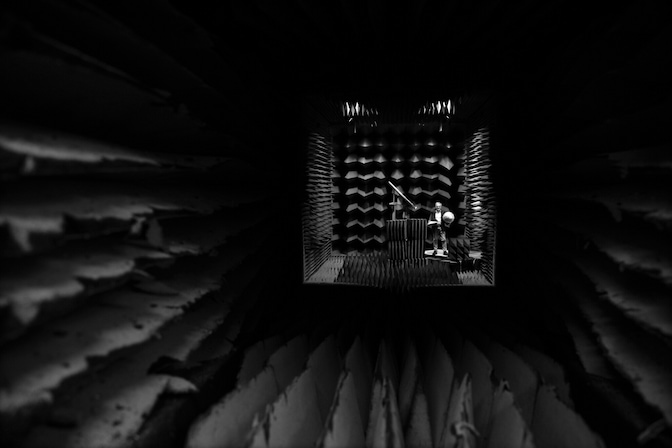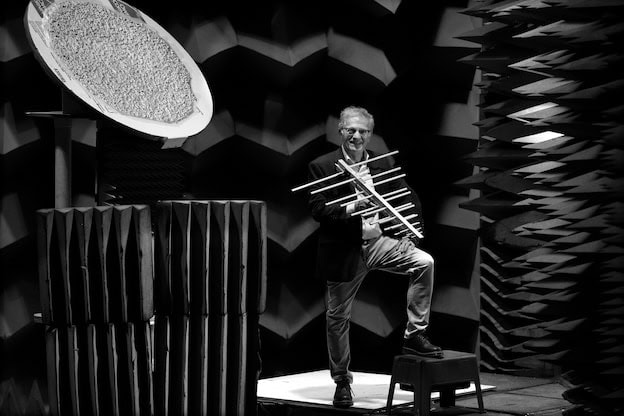
Trailblazing radar technology
NAE profile: Kamal Sarabandi, electrical engineering and computer science

NAE profile: Kamal Sarabandi, electrical engineering and computer science
Get to know Michigan Engineering’s National Academy of Engineering members.
For contributions to the science and technology of radar remote sensing, Kamal Sarabandi was elected to the National Academy of Engineering in 2021. View the NAE citation.
More on Kamal Sarabandi

Sarabandi: I grew up in Tehran, Iran. I was born in 1956. I graduated from high school there and then went to continue my post high school education. I went to Shareef University of Technologies, one of the top ranked high schools in Iran.
In the middle of my education, a revolution took place. Everything went haywire after that. As soon as I finished, I was drafted into the military. At the time, I was planning to come for my postgraduate study to the United States, but that delayed everything.
One of the reasons I came to Michigan is funny—Michigan was the only school among the top schools in the United States that did not require an exam for master’s degrees. So I came here and I started to work on my Ph.D., which was on remote sensing of the environment.
Sarabandi: One of the offshoots of everything I had done for radar and remote radar remote sensing was the application of the radar for autonomous vehicles–we started that research 30 years ago in the early ‘90s. At that time, we were looking into 95 gigahertz radar systems. We developed radars and did a lot of measurements to show how useful the sensors can be for autonomous vehicles.
But, you know, the industry has to be ripe! The desire needs to be there in order for some of these things to take shape. So it took almost 30 years for that interest and investment to come alive. investment comes into the picture and then you continue doing that, you know, So that took about 30 years for those things to come alive.
And once it came, because we had done a lot of work in those areas in the past, it put us in a very dry position to use the techniques that we had been developing over the years.
Sarabandi: When you’re young, sometimes you look at people who have come before you that have done big things and it appears challenging for people to put yourself in the shoes of those people. It’s quite intimidating that I would be able to do something as significant as some famous scientist or some very successful entrepreneur. That can be something that would make you reluctant toward going in those directions, right?
For young people, you have to rely on your abilities and not consider things like that as an impediment. A lot of people have a lot of potential that is hidden in them. Unless you practice it, you don’t know whether you cannot do it.
Sarabandi: Most universities are going towards a centralized management and monitoring people, and those things are going to kill the ecosystem for research. We have to be very careful of that as we go forward. Expecting too much of too many different things that are not directly related to our everyday job is a burden. Our mission here is to educate, disseminate knowledge and generate knowledge. Asking people to get involved in a lot of social and political things as if this is their main thing is going to hurt in the long term.
Sarabandi: The major challenge to humanity is to preserve what we have and use what we have wisely. I think human population growth is a major, major challenge. The planet is not capable of supporting 10 billion people and maintain the level of autonomy individuals have had in the past. I think that is the challenge of the future from an engineering point of view. The most important and impactful research involves providing access to a clean, safe source of energy and making it available to a lot of people. We have been relying on fossil fuel for many years and we’ve been trying to go to reusable energies and things like that. But at the rate at which our demand for energy is increasing, there is no way our resources for energy are enough. So I think that is very, very important.
Quotes edited from interview transcript between Kamal Sarabandi and Marcin Szczepanski.